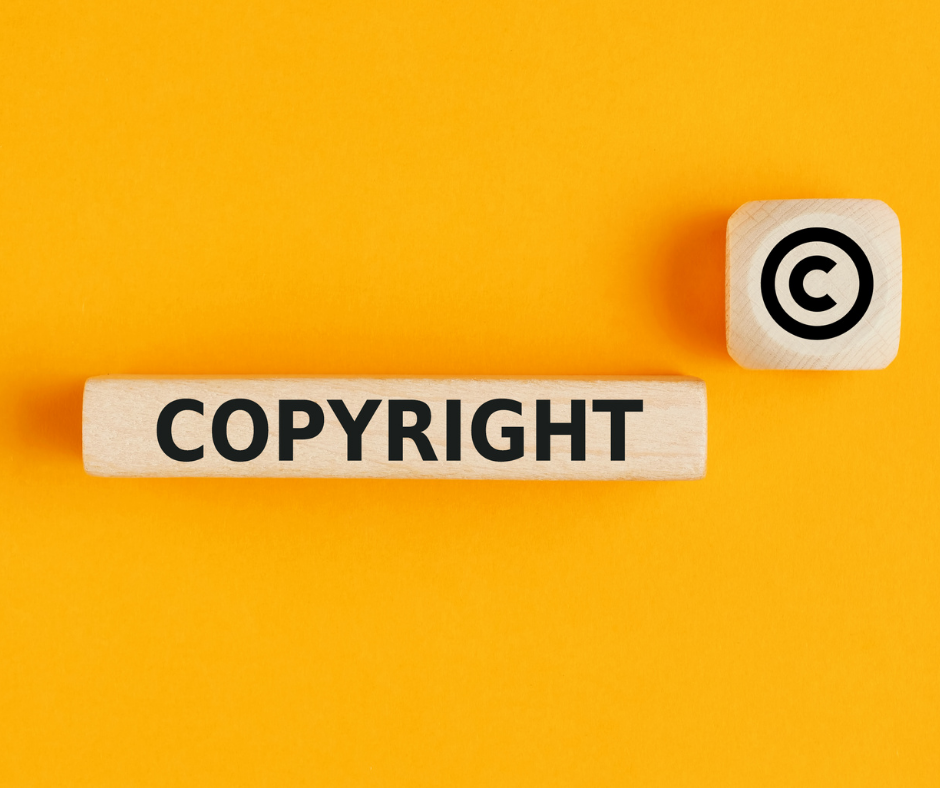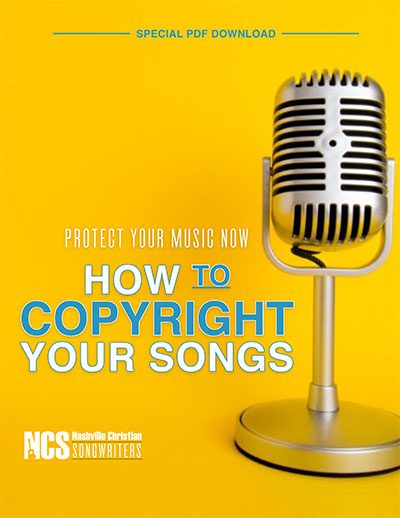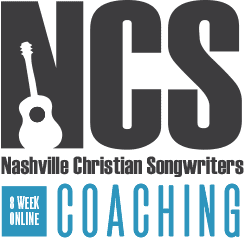How to Copyright Your Songs

Many songwriters we know think dealing with copyright is about as much fun as a root canal. The thought of learning how to copyright a song for protecting your music may seem daunting and even scary enough to stop the process altogether.
But it doesn’t have to be that way.
No one’s claiming that registering your song with the U.S. Library of Congress is fun. But, if you have songs that are being promoted, it is necessary to cover yourself, right? You will want to protect your music from infringement, proof of ownership, and payment.
Fortunately, the magic of the worldwide web has made an otherwise painful process more approachable than ever. What once seemed almost impossible is now much easier than ever with just a little effort. Read on.
Where to Start
First, keep in mind that the “copyright” for any work is automatically yours upon creation. When you write a song, it’s already yours legally. You possess the rights to copy and reproduce it as you see fit with no further action required.
What we’re really discussing is registering your copyright in order to control what happens with it. Registering your copyright is what begins the process of protection, promotion, and collection for the songs you create.
As you release singles on CDBaby, Tunecore, Youtube, Spotify, this registration is the legal trail of your ownership. You’ll want this if you’re posting songs all over social media hoping people will listen, like, and share them.
Step by Step Guide to Copyright a Song Online
You can easily learn how to copyright a song and protect your music, especially if you’re a do-it-yourselfer. Here’s a short step-by-step guide to get you started.
1 – Create a demonstration recording (“demo”). Never try to keep the words and melody in your head only. It’s always smart to create an example of your song. Just sing it onto a voice memo or any other shareable medium to demonstrate (“demo”) your song. It doesn’t have to be fancy. Just make sure it’s clear enough to recognize your words and melody.
2 – Go to United States Library of Congress. The US Library of Congress registers thousands of songs each year. They’ve tried to make it pretty simple online, but will still take 4.5 months to get processed. With our recent global pandemic, this time may take even longer, but will certainly be shorter than with regular mail.
Registering your copyright is what begins the process of protection, promotion, and collection for the songs you create.
3 – Create an account. Once there, follow the online prompts to supply your information and establish a free account. This is where you’ll register new songs and check on the progress of your registrations.
4 – Click on “Register a New Claim” under “Copyright Services” to start the process. You’ll want to have all of your info handy, including when the song was written. Learning how to copyright a song and protecting your music is all about getting this information registered correctly. Include “song splits” stating how many writers and what percentage of the song they wrote.
5 – Pay the piper. Hey, it’s the government. Did you think this would be free? Be ready with your payment for the registration fee for claiming the copyright of your song. It’s currently $35, but there are options for registering collections as well as single songs.
6 – Upload your work. Remember step #1? This is where the demo comes in. Chords and chord progressions, as well as titles themselves, cannot be copyrighted. You are claiming registration for your melody and words, no matter how they are ultimately recorded or arranged. Make sure the demo is clear enough to be heard well.
Finally… Congratulations–you’ve registered a copyright! You will eventually receive a notification in your online account that you’ve completed the process and the registration is complete. Use this information when you post your song on social media or upload it on streaming services.
But for the Christian songwriter, registration with the government is only a part of the copyright registration picture. When learning how to copyright a song and protect your music, worship songwriters have an additional step to keep in mind.
Copyright Help for Christian Songwriters
Along with CCLI, songwriters can find copyright assistance with licensing companies that exist to help independent Christian songwriters and artists. Christian Copyright Solutions, for instance, offers helpful information in their online Learning Center. They offer many affordable options for setup and administration services.
Registering your song with Christian Copyright Licensing International is an important step if you’re writing worship songs for your church. Visit ccli.com for more information on this process.
NOTE: Registering your song with CCLI is not the same as registering a copyright with the United States Library of Congress. The point of the additional step with CCLI is to monitor the usages of your song in churches and to be paid royalties they collect from church reporting.
If you’re a little confused by the process so far, don’t worry. It gets easier once you’ve done it, or you can always get help if you get stuck.
When to Copyright a Song
Many songwriters rush to copyright a song once it’s written, spending a lot of time and a bit of cash they could’ve held onto for a tank of gas or a nice dinner out. They do this because they’re either afraid someone is going to “steal their song,” or they’re just trying to complete the process correctly to copyright a song and protect their music.
But hold up just a second…
Copyrighting a song isn’t the same as publishing a song. The publishing part happens when you release a single or put the song on an EP or start posting it on social media or put it in print for anyone to enjoy.
The time to copyright a song is when you are planning to release it to the public.
Let’s say you’ve been writing a lot lately. You’ve been waking up in the night with “psalms, hymns, and spiritual songs” running around in your head. So you’ve written them down, made a basic recording with your cell phone and mini-Taylor guitar. Now you’re sitting there wondering if you should work through all the steps listed above for registering them.
But is it time to register them yet? What if someone hears the songs and copies them? What if someone starts claiming that your song is actually their work, and thus stealing your song?
Song stealing is largely a myth. Typically called “infringement,” the outright taking of someone’s idea or actual song is a rarity these days. Even if someone tried to pull it off, too much digital evidence exists for them to get away with it.
The time to copyright a song is when you are planning to release it to the public.
Unless you’re posting a lot of half-written song ideas in public forums, you’re probably pretty safe. It’s unlikely anyone is going to break into your cell phone or laptop to scab song ideas. They’d more likely be looking for credit cards, right?
Get Smart About Copyright
As in all things, knowledge is power. Be smart about copyright by reading more about it, or by getting the help you need from reputable sources. Copyright administrators want to serve you well, so it’s easy to find help when you need it.
If you are ready, these steps make it easy enough to help you copyright a song and protect your music. Maybe you’ll find that a root canal really is the worst of the two.
GET OUR FREE PDF DOWNLOAD

Want our step-by-step
copyright guide?
Just click the pic and get your free download of “How to Copyright Your Songs – Protect Your Music” today!


This Post Has 3 Comments
Thanks for the information!
I have been writing lyrics to Christian songs for many years and now I want to share them with the world.
Because of your current article I am well aware of all the steps that I need to take to protect my songs, as well as, get my royalties.
Does the “poor man’s copyright” (mailing yourself a certified mail copy) hold any protection for my work?
Thank you very much for all these informations
Is it possible to copyright song from a foreign language?